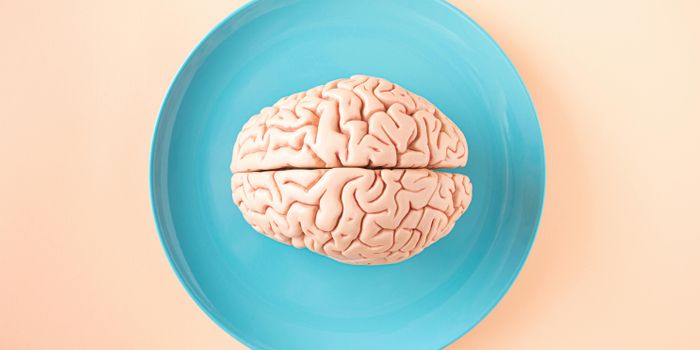Poor sleep may cause the beta-amyloid protein to trigger Alzheimer's disease by attacking the brain's long-term memory, but sleeplessness can be treated through exercise, behavioral therapy and even electrical stimulation that amplifies brain waves during sleep. A study co-led by UC Berkeley neuroscientists Bryce Mander and William Jagust, a leading expert on Alzheimer's disease, used human subjects to show that sleep could be a therapeutic target for fighting Alzheimer's (http://www.futurity.org/sleep-alzheimers-memory-934452/).

The study, published in Nature Neuroscience and reported in Futurity, received a major National Institutes of Health grant to conduct a longitudinal study to test the hypothesis that sleep is an early warning sign or biomarker of Alzheimer's disease. Confirming the links between sleep, beta-amyloid, memory, and Alzheimer's disease, it demonstrates that the beta-amyloid deposition could "lead to a vicious cycle in which sleep is further disturbed and memory impaired."
Using brain imaging and other diagnostic tools on 26 older adults who have not been diagnosed with dementia, the researchers found what lead author Bryce Mander, a postdoctoral researcher in the Sleep and Neuroimaging Laboratory at Berkeley, called a "causal chain." As he explained, "If we intervene to improve sleep, perhaps we can break that causal chain."
Previous research has found a buildup of beta-amyloid in both Alzheimer's patients and people reporting sleep disorders. Other studies have found that sleep washes out toxic proteins, thus cleansing the brain.
Last year researchers at Temple University set out to determine whether chronic sleep disturbances can be caused by factors like insomnia, overnight work shifts and other health conditions could speed up the onset of dementias and Alzheimer's disease in older adults. To determine the causal relationship between dementia and sleep disturbances, they studied two groups of mice equivalent to 40-year-old humans in an eight-week pre-clinical study. Both groups of mice were at the human age equivalent of 40 years. The sleep-deprived group demonstrated significant impairment in working and retention memory and learning ability, as well as more tangles in their brain cells (http://www.huffingtonpost.com/2014/03/19/sleep-deprivation-alzheimers_n_4992547.html).
The Berkeley researchers concluded that study "participants with the highest levels of beta-amyloid in the medial frontal cortex had the poorest quality of sleep and, consequently, performed worst on the memory test the following morning, with some forgetting more than half of the information they had memorized the previous day," the Futurity article said. According to one of the researchers, higher amounts of beta-amyloid in certain parts of the brain mean less deep sleep and worse memory function, and less deep sleep decreases the ability to clean out the protein. The researchers are not sure whether the bad sleep or the bad protein comes first, and they will be studying a new group of older adults to find out during the next five years.









